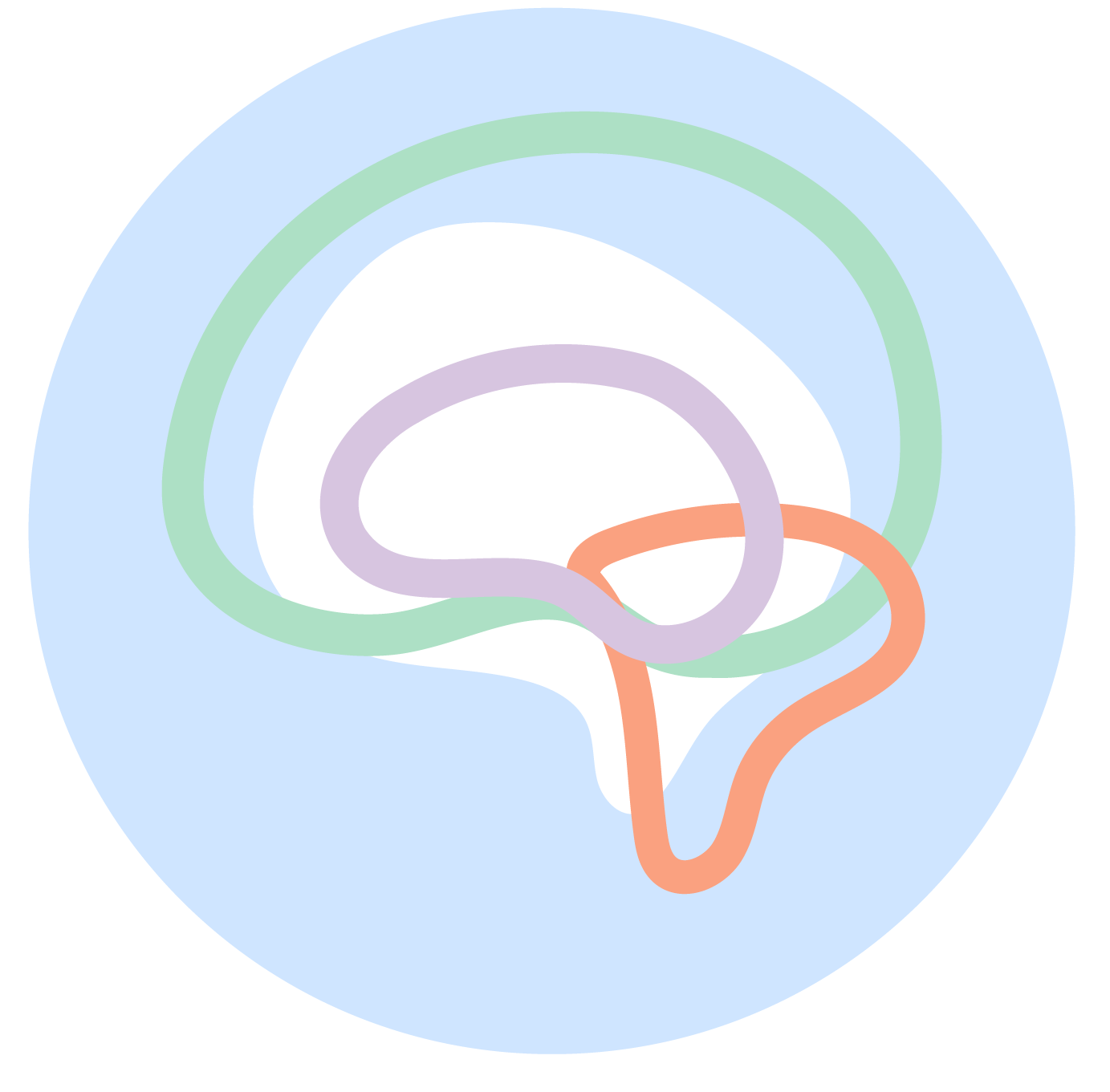Nature Therapy
Stepping Outdoors to Improve Mental Health
In our fast-paced, digitally-driven world, finding solace and serenity can often seem like an elusive quest. Yet, amidst the chaos, there exists a simple, yet profoundly effective remedy – nature therapy. Stepping outdoors and immersing oneself in the beauty of the natural world has been hailed as a powerful antidote to the stresses and strains of modern life. In this blog, we'll delve into the wonders of nature therapy, exploring its benefits, techniques, and the science behind its transformative effects.
The Healing Power of Nature
The notion that spending time in nature can positively impact mental well-being is not a new concept. From ancient philosophies to modern scientific research, evidence abounds regarding the therapeutic benefits of nature. Nature therapy, also known as ecotherapy or green therapy, harnesses the healing properties of the outdoors to promote emotional, psychological, and spiritual well-being.
Benefits of Nature Therapy
1) Reduced Stress and Anxiety: One of the most well-documented benefits of nature therapy is its ability to alleviate stress and anxiety. Studies have shown that exposure to natural environments can lower cortisol levels, the hormone associated with stress, leading to a sense of calm and relaxation.
2) Improved Mood: Nature therapy has been linked to enhanced mood and emotional resilience. The sights, sounds, and smells of nature can evoke positive emotions, such as joy, awe, and gratitude, while providing a welcome distraction from negative thoughts and rumination.
3) Enhanced Mental Clarity: Spending time in nature can sharpen focus and concentration, allowing the mind to rest and recharge. Whether it's a leisurely stroll through the woods or a moment of reflection by a tranquil lake, nature provides the perfect backdrop for clarity of thought and creativity.
4) Boosted Immune Function: Immersing oneself in natural settings has been shown to strengthen the immune system, reducing the risk of illness and enhancing overall health. The phytoncides released by trees, for example, have been found to increase the activity of white blood cells, which play a crucial role in fighting off infections.
5) Increased Physical Activity: Engaging in outdoor activities such as hiking, gardening, or simply taking a walk in the park promotes physical health and vitality. Regular exercise in nature not only improves cardiovascular fitness and muscle strength but also releases endorphins, the body's natural mood lifters.
Techniques for Nature Therapy
Forest Bathing (Shinrin-Yoku): Originating in Japan, forest bathing involves immersing oneself in the sights, sounds, and smells of the forest in a mindful and deliberate manner. By slowing down and engaging all the senses, participants can experience profound relaxation and connection with nature.
Nature Walks: A simple stroll in nature can work wonders for mental well-being. Whether it's a brief lunchtime walk in a nearby park or a weekend hike in the mountains, walking outdoors provides an opportunity to clear the mind, reduce stress, and appreciate the beauty of the natural world.
Outdoor Meditation: Finding a quiet spot in nature to practice meditation can deepen one's connection with the environment and promote inner peace. Whether seated beneath a tree, beside a flowing stream, or atop a scenic overlook, the tranquility of nature provides an ideal setting for mindfulness and reflection.
Nature-Based Activities: Engaging in recreational activities such as gardening, birdwatching, or photography allows individuals to connect with nature in a meaningful and enjoyable way. These activities not only foster a sense of purpose and accomplishment but also provide opportunities for relaxation and self-expression.
The Science Behind Nature Therapy
Recent scientific research has shed light on the physiological and psychological mechanisms underlying the therapeutic benefits of nature therapy. Studies using techniques such as functional magnetic resonance imaging (fMRI) have shown that exposure to natural environments activates regions of the brain associated with relaxation, attention restoration, and positive mood.
Furthermore, the concept of biophilia – our innate connection to nature – suggests that humans have an inherent affinity for the natural world, which, when nurtured, can promote health and well-being. From an evolutionary perspective, our ancestors spent the majority of their time outdoors, and our modern sedentary lifestyles may contribute to the prevalence of mental health disorders.
Nature therapy offers a powerful antidote to the stresses and strains of modern life, providing a pathway to improved mental health and well-being. By stepping outdoors and immersing ourselves in the beauty of the natural world, we can reconnect with our true essence and find solace amidst the chaos. So, the next time you're feeling overwhelmed or out of sorts, consider taking a walk in the park, breathing in the fresh air, and letting nature work its magic. Your mind, body, and spirit will thank you for it.
